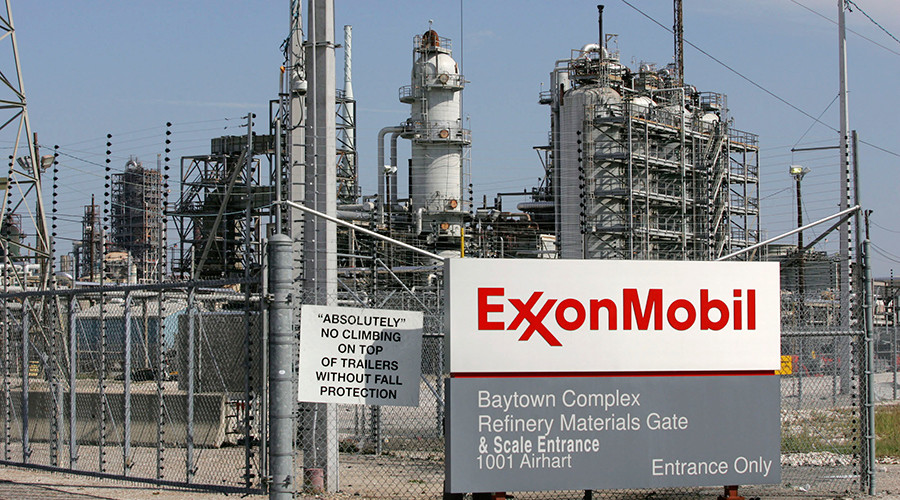TEXAS and LOUISIANA
 Federal and state agencies announced a settlement Tuesday with Exxon Mobil that will eliminate thousands of tons of harmful air pollution from eight petrochemical manufacturing facilities in Texas and Louisiana, according to officials.
Federal and state agencies announced a settlement Tuesday with Exxon Mobil that will eliminate thousands of tons of harmful air pollution from eight petrochemical manufacturing facilities in Texas and Louisiana, according to officials.
The settlement resolves allegations that ExxonMobil violated the Clean Air Act by failing to properly operate and monitor industrial flares at their petrochemical facilities, which resulted in excess emissions of harmful air pollution, officials said.
ExxonMobil will spend approximately $300 million to install and operate air pollution control and monitoring technology to reduce harmful air pollution from 26 industrial flares.
There are five ExxonMobil facilities in Texas—located near Baytown, Beaumont, and Mont Belvieu—and three of the company’s facilities in Baton Rouge, Louisiana.
Once in operation, the pollution controls will reduce about 7,000 volatile organic compounds or VOCs, officials said. The settlement is also expected to reduce toxic air pollutants, including benzene, by more than 1,500 tons per year.
“This settlement will improve air quality in Texas and Louisiana by eliminating thousands of tons of harmful air pollution each year,” said Acting Assistant Attorney General Jeffrey H. Wood of the Environment and Natural Resources Division of the Department of Justice. “The agreement, which requires Exxon to reduce emissions from its facilities in Texas and Louisiana, demonstrates the Justice Department’s continuing efforts, alongside EPA and our state partners, to protect the American public from these harmful pollutants by bringing sources of air pollution into compliance with the Clean Air Act.”
Flares are devices used to combust waste gases that would otherwise be released into the atmosphere during certain industrial operations.
Well-operated flares should have high “combustions efficiency,” meaning they combust nearly all harmful waste gas constituents, like VOCs and hazardous air pollutants, and turning them into water and carbon dioxide. The agreement is designed to improve Exxon’s flaring practices. First, it requires Exxon to minimize the amount of waste gas that is sent to the flares. Second, Exxon must improve the combustion efficiency of its flares.
In order to minimize the waste gas sent to the flares, Exxon will create waste minimization plans for each facility.
At four of the facilities, Exxon will operate flare gas recovery systems which minimize the amount of waste gas sent to the flares by recovering and recycling the gases before they are sent for combustion in a flare.
The flare gas recovery systems will allow ExxonMobil to reuse these gases as a fuel at its facilities or a product for sale.
In order to improve combustion efficiency, ExxonMobil must also install and operate instruments and monitoring systems to ensure that gases that are sent to flares are efficiently combusted.
ExxonMobil will perform air quality monitoring that is designed to detect the presence of benzene at the fence lines of four of the covered plants, and pay a civil penalty of $2.5 million.
Today’s settlement also requires ExxonMobil to spend $1 million on a supplemental environmental project to plant trees in the City of Baytown.
The trees will provide a natural buffer to reduce airborne pollutants from the chemical plants to nearby communities.
The LDEQ will receive $470,000 of the $2.5 million total civil penalty, and ExxonMobil will perform two state “beneficial environmental projects,” including purchasing a $1.5 million mobile air quality monitoring vehicle.

